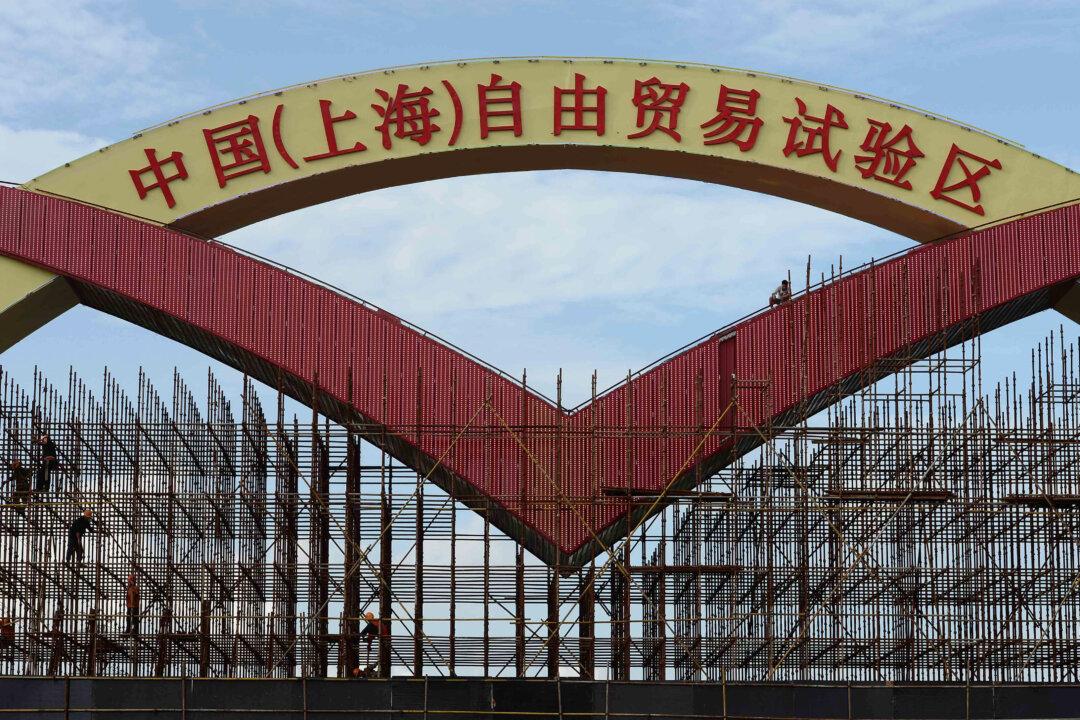Many foreign and domestic firms in China are laying off their employees in an effort to cut costs amid a slowing economy, causing a wave of unemployment, according to recent Chinese media reports.
From the end of last year to the first half of this year, Avon, Motorola, IBM, HSBC Life Insurance Company, Hewlett Packard, and Siemens all cut staff, while domestic Chinese companies like Zoomlion Heavy Industry and Sany Group, both heavyweights in the construction machinery space, are using covert methods to force their employees to leave their jobs, according to a report by First Financial Daily published on Friday.
Avon, an American cosmetics company, will close a dozen of their branch offices in China, laying off 100 to 200 employees, while China Rongsheng Heavy Industries, a major shipbuilding firm, plans to reduce their staff from 11,500 to 8000.
An insider told Beijing Business Today that Zoomlion has been forcing employees to leave their jobs by assigning them to undesirable posts. If employees do not agree to accept the position, then the company negotiates a cancellation of their labor contract, with the employee missing out on severance compensation.
Meanwhile, Sany has asked its employees to fill out a “stop pay and keep position application,” making it appear as if they still have their jobs, though they are no longer receiving pay. “They do this to avoid the risk of breaking the law and to evade the economic responsibilities they are supposed to assume,” the insider said.
Chinese Internet portal NetEase also reported that Sinovel Wind Group, China’s largest (and second largest globally) manufacturer of wind turbines, forced 350 employees to take vacations last November, paying them a monthly allowance of 1,080 yuan ($176 dollars).
A senior in the Chinese machinery building industry told Beijing Business Today that due to the tightening of capital in these companies, and banks’ refusal to lend, many firms are now laying off staff to reduce costs.
Wang, who works in the financial services industry in Beijing and wished only to identify himself by his surname, told Epoch Times that staff reduction is now a common phenomenon: “The area where I work in Soho New Town is considered part of the central commercial district, and there are a lot of companies here. I frequently hear discussions about which company is laying off employees again. Originally, I was planning to change my job at the beginning of this year, but seeing this situation, I’m going to stick it out here for now.”
Xiao Li, who recently graduated from university, said job prospects are dismal: “We don’t have much experience in society, so looking for a job is already difficult. Now there are many companies that are not hiring or are laying off their staff. Some companies give a week or half a month probation period, but there is no pay. Really, they just want to use you for free, and when the time comes, they find an excuse to fire you.”
Wu Jiang, director of the Chinese Academy of Personnel Science, told the Daily he was not optimistic about employment prospects for the next few years. Few jobs will open up, which may force the unemployed to enter the low-wage labor market.
Written in English by Annie Wu. Research by Ariel Tian.



